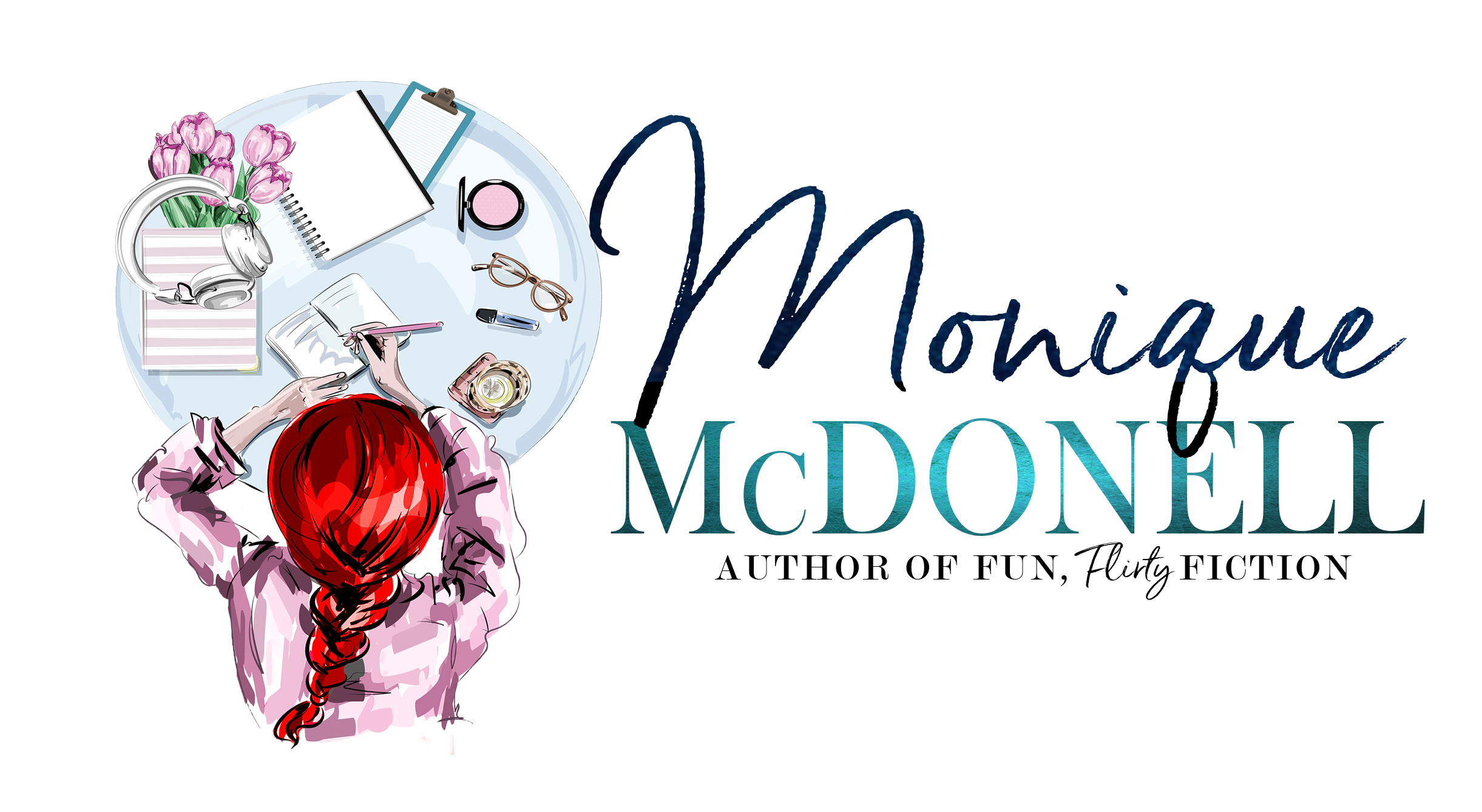5/13/2013
When you are involved in any industry whether it’s mining, medicine of accounting you find there is language unique to that field. ( If you eavesdrop on three town planners it is my belief there will be so many acronyms used you may find yourself wondering if they’re speaking another language). One you understand that field the language becomes common place and you forget that others don’t know what you’re talking about.
Since I’ve embarked on my journey to write and to get published I have learnt all sorts of terms and phrases that are used in contexts I would not previously have understood.
Some examples:
What does it mean when someone ‘requests a partial’? A publisher or agent wants to see part of your manuscript more than likely the first three chapters.
What is a ‘beta reader’? (It is not a fish). It is someone, usually not a writer, who reads your book in it’s draft stage and offers feedback.
What is a ‘crit partner’? This is a person who critiques your writing and you critique theirs, so usually another writer.
So then we come to authors. Authors used to fall into two categories published and unpublished – simple right?
When I say I’m an indie author, people don’t know what I’m talking about most of the time so I thought I’d take a moment to explain.
Now we add indie authors. I’m an indie author. What is that?
That’s an author who is independently published…you know how musicians have indie records (which everyone things is mega cool and is pretty standard in that field) same thing really! I’m like that guy in the garage band. (Maybe I can become writing’s answer to Silverchair!)
Lets’ do another Q&A.
Are indie authors just people publishers won’t publish? Sometimes they are. Sometimes they aren’t. These days lots of traditional authors also do some books as indies (hello Jackie Collins!)
Why would anyone be an indie author? Some people like control of their work – choosing covers, setting prices and controlling how they are marketed. For example I’ve enjoyed creating a distinctive brand for myself and choosing how and when I would release my books.
Don’t you make more money going through a publisher? Not always. These days with Amazon, Smashwords etc you can often do better on your own than with a small publisher, especially a publisher who is only offering you e-publication and not print. In fact you can make a pretty strong case lots of authors make less money with that approach. That’s not to say authors with small publishers don’t make money or big publishers because every author is unique and everyone’s journey is different.
Do indie authors make money? Well authors generally don’t make a fortune to begin with. In Australia the average authors makes around $10,000 a year from their writing regardless of the method of publication. Of course that’s an average so lots are making more and plenty are making less. That’s true for indie’s as well.
In summary – an indie author is just someone going it alone in the writing world. Of course that’s a pretty loose definition and not true really because I have a writing group, beta readers, cover designers, editors and of course readers and revision I’m not alone at all. I’m just an indie.

Comments
Suzanne Brandyn
5/13/2013 07:19:26 pm
Very interesting post, Monique. As a first time INDIE author it was my decision as the traditional publishers in Australia said my story was a cross genre, and they didn’t know how to market it. At the time I didn’t want to either up the romance, or tone down the suspense. I believed in the story and it is dear to my heart, hence INDIE. It’s been an eye opener, one I’m not too sure I’ll repeat. With all the marketing, the worries, concerns, it left little time to write. I am planning to aim for all three. INDIE, Small independent press, and Traditional publishing. It has certainly opened my eyes and yet, I know where I want to be. Hopefully one day I’ll get there. 🙂 happen. 🙂
Jackie Bouchard
5/14/2013 12:49:04 am
Great post to explain all the terminology. Going indie is definitely great for control freaks like me, and (as the previous comment mentions) for books that don’t fit nice & neatly into publishers’ genre marketing baskets. Via la Indies!
Reply
Monique
5/14/2013 07:56:44 am
Suzanne, it is definitely a lot of work although I think these days all authors seem to have to work hard to market themselves regardless of how they are published. I think all styles of publishing have strengths and weaknesses.
Reply
Monique
5/14/2013 07:57:15 am
Jackie – it has suited my inner control freak as well…:)

 Alphabet Dating is set in NYC!
Alphabet Dating is set in NYC!